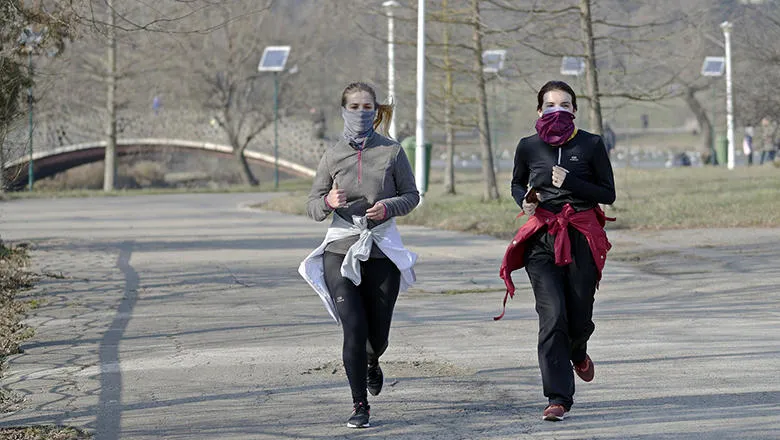If the relaxation is accompanied by relatively modest increases in deaths, then it will not be popular with the majority of the population in both countries, even if it restores income losses
28 May 2020
Go carefully on relaxing lockdown as majority put health before wealth, new research finds
Policy makers must tread carefully when relaxing lockdown measures as three quarters of Britons put health before wealth, a paper has found.

Academics from the Department of Political Economy at King’s College London say a cautious approach is needed to avoid polarising public opinion and damaging the chances of compliance with new guidelines.
The research is based on a survey on residents in both the UK and United States to determine attitudes to lockdown measures and their preferences for prioritising public health in the face of economic damage.
The report found that respondents expressed an overwhelming preference for policy makers to prioritise health over wealth, with 74 per cent in the UK showing a preference for outcomes that placed health ahead of financial considerations.
However, the survey experiment suggests that the strength of that preference will diminish when the economic consequences of lockdown measures become more severe, with “important policy implications” for officials in both nations as a result.
The report noted: “The original lockdown measures, that may have saved several hundred thousand lives in both countries at the loss of perhaps as much as 10 per cent of GDP, were consistent with the public’s preferences for health over wealth.
“This, in turn, fits with the high trust and approval ratings that governments enjoyed when the lockdown measures were introduced. However, if these high valuations remain, policy makers have a daunting task in calibrating the relaxation of the lockdown.
“If the relaxation is accompanied by relatively modest increases in deaths, then it will not be popular with the majority of the population in both countries, even if it restores income losses.”
The report, COVID-19 and People’s Health-Wealth Preferences: Information Effects and Policy Preferences, saw 2,388 people in the UK and 2,233 in the US surveyed in mid-April, when the pandemic was at its peak.
In the survey, respondents were asked to select a preference from a set of two scenarios, with one set of preferences weighted towards health outcomes while the other prioritised wealth. The scenarios changed in relative severity as they progressed from level one through to eight.
A range of other information was also gathered from respondents to help determine whether differing demographics played a part in a health or wealth preference or attitude towards lockdown.
Among other findings, the report found that those people who showed the strongest preference for protecting health over wealth were twice as likely in the UK to comply with lockdown guidelines, and 1.5 times as likely in the US.
It was also found that those who identified as Donald Trump voters in the US expressed a lower relative valuation of health over wealth. In the UK, a Brexit voting preference had no bearing on the valuation of health over wealth, but age and education did. They are associated, respectively, with a higher and lower valuation of health over wealth.
The report added: “We conclude that caution in relaxing the lockdown will allow the public’s currently high prioritisation of health over wealth to evolve in ways that make compliance with a relaxation more likely.
“Furthermore, as there are individual differences that are also sensitive to information, policy makers need to be aware that the communication of policy changes could polarise these differences.”
The research was carried out by Shaun Hargreaves-Heap, Christel Koop, Konstantinos Matakos, Asli Unan, and Nina Weber.



